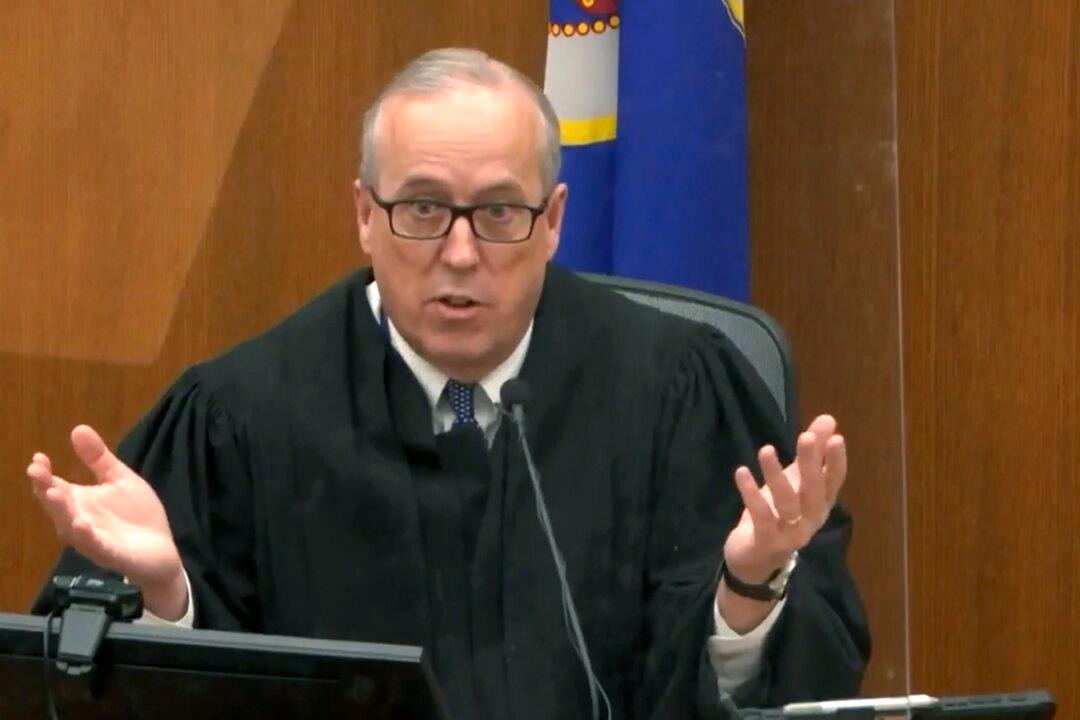MINNEAPOLIS—A jury has been seated for the trial of a former Minneapolis police officer in George Floyd’s death, with opening statements set for Monday in a case that led to nationwide protests and riots.
The final juror was chosen Tuesday, wrapping up a process that took more than two weeks and was complicated by worldwide attention to Floyd’s death, even before the city of Minneapolis announced a $27 million settlement to his family during the fourth day of jury selection.





